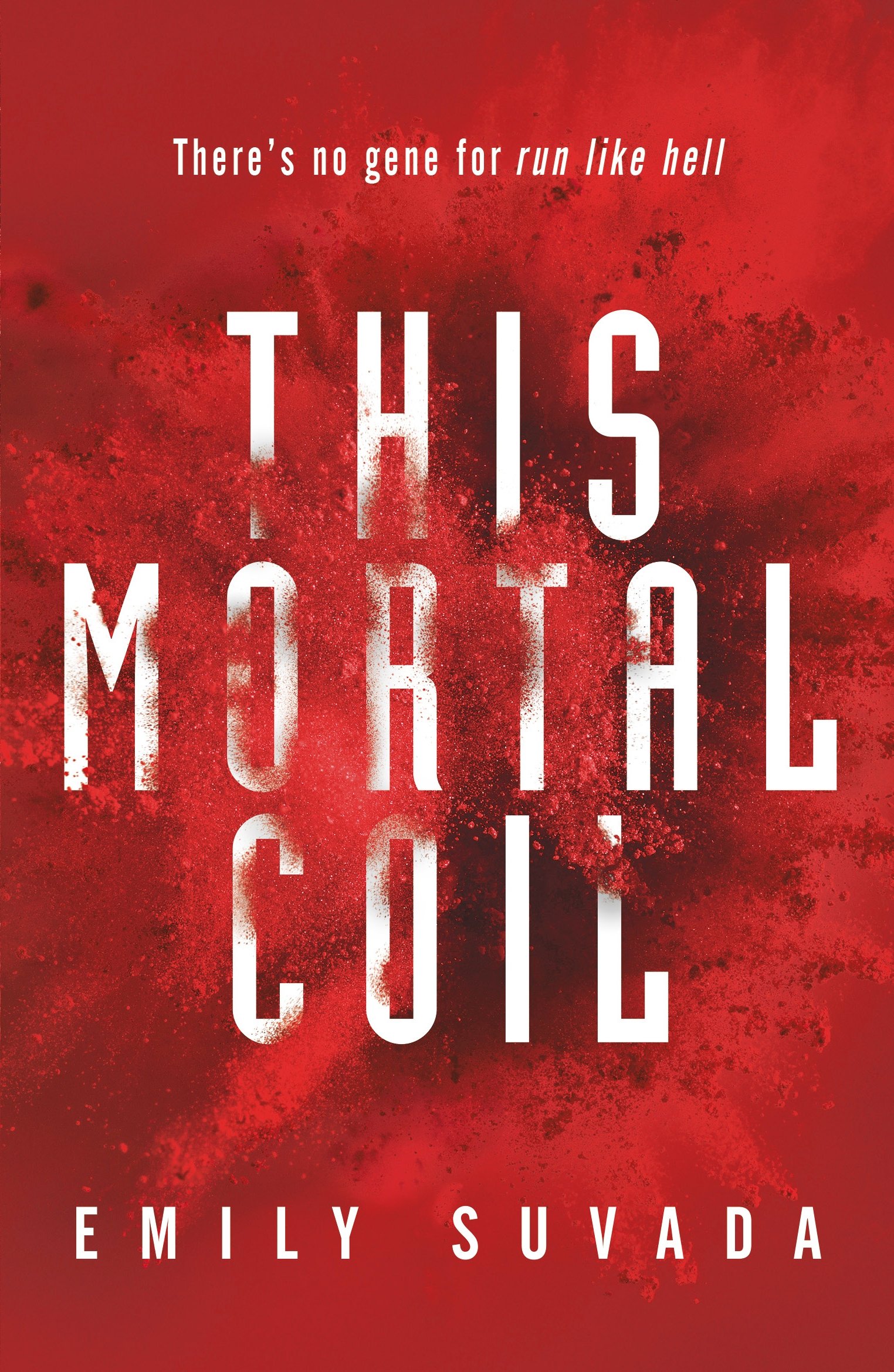
In my last job, I worked in a coaching role where students would talk to me about math - how to study for it, and how to stay motivated while learning something that’s undeniably hard. At the same time, I was working on a draft for the sequel to my first novel, and was finding it, well, undeniably hard. I kept hearing myself giving advice to students that I realised could be applied to writing, too.
After we graduate, we tend to put aside many of our study skills, but it turns out they’re are actually perfect for staying focused as a writer. Here are my top five study skills which you might already have - and could be the key to more productive, focused writing.
1) Break down your goals into smaller, bite-sized tasks
Nobody sits down to write a whole novel. It’s like sitting down to revise an entire semester’s worth of lectures. It’s not going to happen. Sitting down with a task that giant hanging over you is a great way to invite procrastination and anxiety into your life. While your final goal might be large, any task becomes a lot easier when you break it down into its component parts. Your book will be made of acts, chapters, scenes, then sentences. It will have different characters and plot points. Try to focus on these smaller parts when you’re feeling overwhelmed. Start with the next sentence and work your way up.
2) Don't start a session without a game plan
Before a writing session, physically write down a list of your goals for the day. Whether it’s a word count to reach, a list of scenes to revise, or a section of the book to read and polish, writing down what you hope to achieve can have a magical effect on your ability to do it. Crossing off your tasks as you complete them, or rewarding yourself in a small way after each one can be a great way to get you through the whole list!

Personally, while drafting, I break my word-count goals down into 100-word sections, each of which I mark off in coloured pens on a logbook as I go. This constant reward and burst of satisfaction can be enough to get me through a rough day.
3) Solidify your ideas by writing them down
So your character runs into an old friend and has a conversation that will yield clues, useful backstory, and world-building details. This plan is floating in your mind as you write, and it seems simple, but afterwards you realise that what you’ve written doesn’t cover anything you wanted to. You forgot about the world-building. That back-story went out the window. You have three pages of mostly-useless banter.
Sound familiar? Sometimes it’s great to let characters run wild, but sometimes a scene just needs to be written. If you write a brief outline of the scene on paper, it can make it easier for you to recall it while you’re writing. In my experience, it can make it a lot faster, too - since the thinking has already been done.
4) Manage your time
It’s hard to do the same thing for more than a couple if hours at a time. Focus drifts, distraction sets in, and your word count (or quality) will likely dive if you try to write for too long. Similarly, it’s tough to get deeply into a story when you only have 20 minutes to do it. Taking breaks is crucial to maintaining your concentration, and it’s helpful to switch between activities - like drafting, outlining, reading - to keep yourself fresh. If you haven’t used the ‘pomodoro technique’ for managing your time while writing, it’s worth looking into.
5) Take care of yourself
Eat properly, and sleep a healthy amount. Try to get some exercise. These three pieces of advice seem like a throwaway - but they’re often the last thing people think about when trying to improve their writing. And yet, it’s almost impossible to focus when you’re tired, or hungry, or feeling lethargic. You can struggle through and write, but your prose won’t sparkle, and you’ll miss ideas and opportunities in the story that you might have caught otherwise. It’s better to take days off than to burn out. A thirty-minute walk can save you hours of non-productive writing. Being effective in any task depends on self-care, and writing is no exception.
Those are just five tips - but there are many more, different things work for different people. Maybe you’re great at staying focused, but you just can’t keep a schedule for writing. Maybe you have ideas through the week, but they’re gone when you sit down to write. The most important thing you can do is learn your own personal process and accept it. Figure out what works for you and identify your strengths and weaknesses - then build a plan that plays to your strengths! Don’t wallow in your weaknesses - you have a book to write. Now get some paper and make a list of what you’re going to work on today!
Emily Suvada was born and raised in Australia, where she went on to study mathematics and astrophysics. She previously worked as a data scientist, and still spends hours writing algorithms to perform tasks which would only take minutes to complete on her own. When not writing, she can be found hiking, cycling, and conducting chemistry experiments in her kitchen. She currently lives in Portland, OR, with her husband. You can check out Emily's website or follow her on Twitter, Instagram, Goodreads and Facebook.
Comments